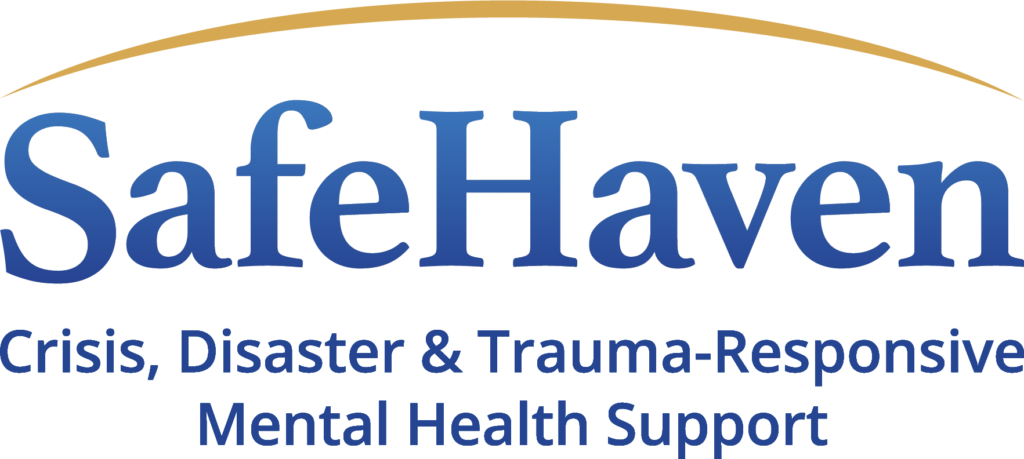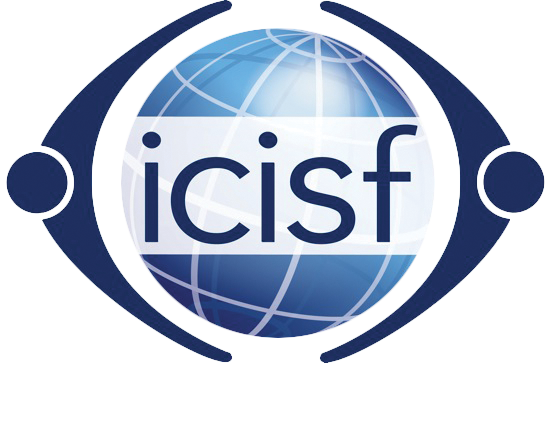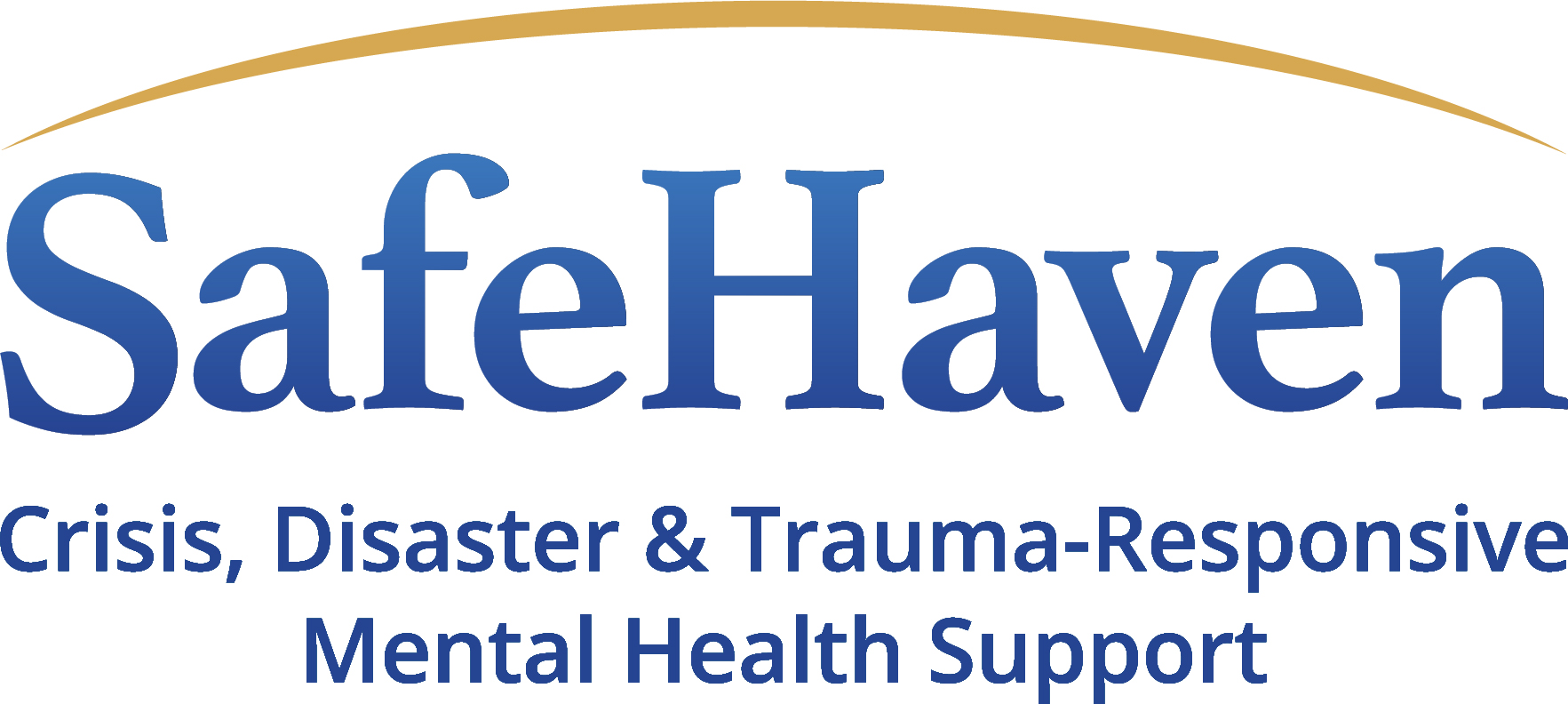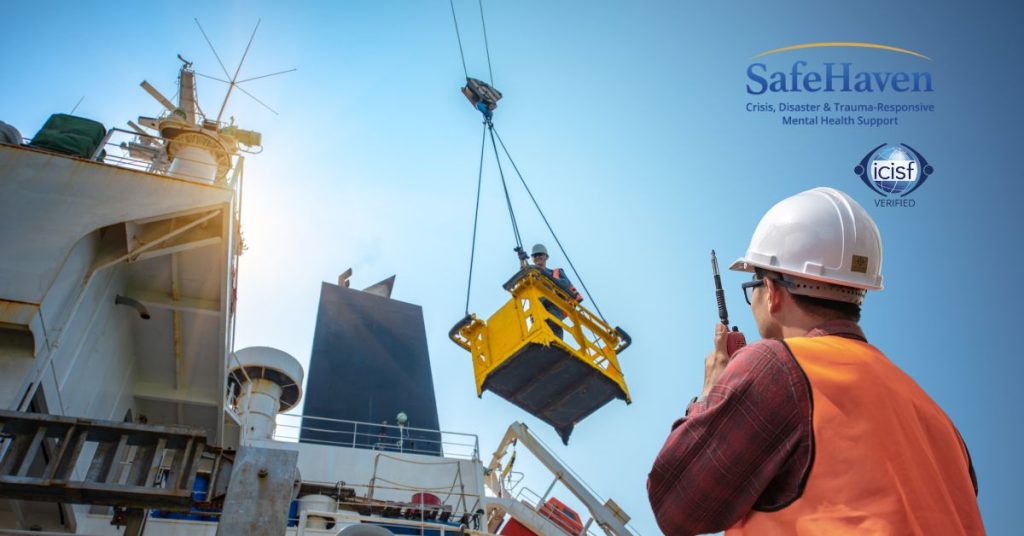By Charlotte Copeland
In today’s challenging world, organisations must make space in their operations strategy to safeguard the mental health their workforce in the event of workplace trauma, stress or crisis situations. These psychological risks can have lasting effects on employees, impacting productivity, morale, and overall wellbeing, as well as the operational success and reputation of the business.
At SafeHaven, we help businesses:
✔ Understand and manage their psychological risk
✔ Train and implement psychosocial peer-support networks
✔ Provide swift and effective crisis & disaster mental health care when an incident occurs
✔ Offer specialist follow-up trauma support and treatment for personnel
The Benefits of Critical Incident Stress Management (CISM)
CISM is a structured approach designed to mitigate the impact of critical incidents. Implementing a strong CISM strategy offers numerous benefits, including:
✅ Swift stabilisation of crisis situations
✅ Reduction of job stress and burnout
✅ Lower absenteeism rates
✅ Decreased staff turnover
✅ Enhanced employee wellbeing and team morale
✅ Risk management in adversarial situations, reducing legal repercussions
✅ Lower overall costs for employers
What Constitutes a Critical Incident?
A critical incident is any event that overwhelms an individual’s ability to cope, triggering intense emotional distress. These incidents can undermine a person’s sense of security and may lead to conditions such as Acute Stress Disorder or Post-Traumatic Stress Disorder (PTSD).
Workplace Critical Incidents May Include:
🔹 Serious workplace accidents or injuries
🔹 Workplace violence or bullying
🔹 Chronic job stress leading to personal breakdown
🔹 Sudden death of a colleague or family member
🔹 Robbery, suicide, or workplace crime
🔹 Downsizing, layoffs, or mergers
🔹 Terrorist activities or natural disasters
🔹 First responder exposure to traumatic events
Personal Critical Incidents That Impact Employees:
🔸 Serious road traffic accidents
🔸 Violent crimes, robbery, assault, or abuse
🔸 Homicide, suicide, or attempted suicide
🔸 Life-threatening experiences
🔸 Negative public exposure
🔸 Witnessing unethical acts
Proactive Support for Long-Term Workplace Resilience
By investing in psychological risk management, businesses can foster a resilient workforce, enhance team cohesion, and ensure employees feel supported in times of crisis. Early intervention through CISM, crisis response, and trauma-informed care not only protects employee wellbeing but also strengthens organisational stability.
If you’re interested in building a workplace culture where mental health resilience is a priority, Get in touch to learn how we can help your organisation navigate psychological risks effectively.



